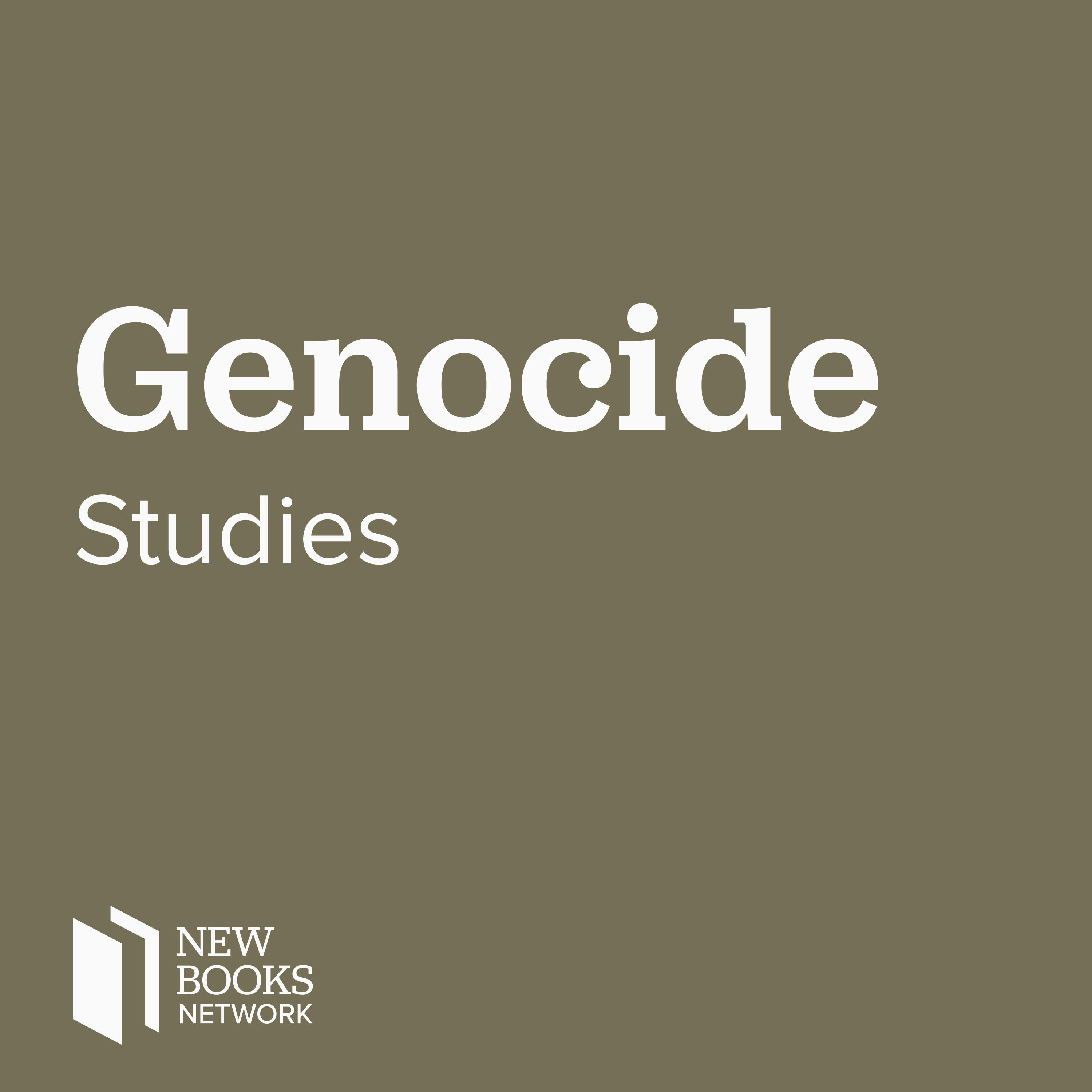Joshua Cohens "The Netanyahus" (JP, Eugene Sheppard)

n this episode (originally aired by our partner\xa0Novel Dialogue)\xa0John and his Brandeis colleague\xa0Eugene Sheppard\xa0speak with\xa0Joshua Cohen\xa0about\xa0The Netanyahus. Is the 2021 novel a Pulitzer-winning bravura story of the world\u2019s worst job interview? Or is it a searing indictment of ethno-nationalist Zionism\u2013and the strange act of pretense whereby American Jewish writers and thinkers in postwar America pretended that Israel and its more extreme ethno-nationalist strains didn\u2019t concern them?\nCohen dramatizes the return of that repressed by imagining the family of the\xa0Benzion Netanyahu\xa0(actual medieval Spanish historian and father of Israel\u2019s past and present Prime Minister Bibi) landing itself on a would-be assimilated American Jewish family ripped straight from the pages of a Philip Roth or Bernard Malamud novel.\nWith John and Eugene, Joshua dissects the legacy of earlier American Jewish writers like Cynthia Ozick, and offers finer details of how\xa0Ze\u2019ev Jabotinksy\u2018s bellicose views would ultimately take hold in Israel, wisecracking his way to a literally jaw-dropping conclusion\u2026\nMentioned in this episode:\n\nZionist and ethnonationalist Ze'ev Jabotinksy (1880-1940): "We must\xa0eliminate the Diaspora or the Diaspora will eliminate us."\n\n\nNovalis\xa0(the German Romantic writer Georg Von Hardenberg) says somewhere "Every book must contain its counter-book."\n\n\nSlavoj Zizek\xa0makes the case that everything is political including the choice not to have a politics.\n\nJoshua wants readers to think about why celebrated postwar American fiction by Jewish authors like\xa0Cynthia Ozick,\xa0Saul Bellow,\xa0Bernard Malamud, Philip Roth (starting from his 1959\xa0Goodbye Columbus) largely ignores both the Holocaust and Israel until the 1970s or 1980s. Joshua invokes Harold Bloom's 1973\xa0Anxiety of Influence\xa0to explain his relationship to them. He is less interested in\xa0Hannah Arendt.\n\n\n"Shoah Religion" is the way in which the Holocaust came to not only function as a key element in post-war American Jewish identification but also to legitimate the state of Israel (cf Abba Eban's famous quip "There's no business like Shoah business")\n\n\nYekke: a German-Jew in Israel or American characterized by an ethos of industrial self-restraint and German culture, satirized in Israeli culture as a man who wears a three piece suit in the middle of summer heat.\n\nLeon Feuchtwanger\n\n"There's hope but not for us" Joshua (subtly) quotes a line of Kafka's that\xa0Walter Benjamin\xa0(in "Franz Kafka: On the Tenth Anniversary of His Death\u201f from\xa0Illuminations) apparently lifted from Max Brod ("Oh Hoffnung genug, unendlich viel Hoffnung, \u2014 nur nicht f\xfcr uns.")\n\nYitzhak La\u2019or "you ever want a poem to become real"\n\nNetanyahu tells the story of the snowy drive to Ithaca (again) in\xa0an interview with Barry Weiss.\n\nPhilip Roth,\xa0The Ghost Writer\n\n\n\nRead transcript here\nLearn more about your ad choices. Visit megaphone.fm/adchoices\nSupport our show by becoming a premium member! https://newbooksnetwork.supportingcast.fm/genocide-studies